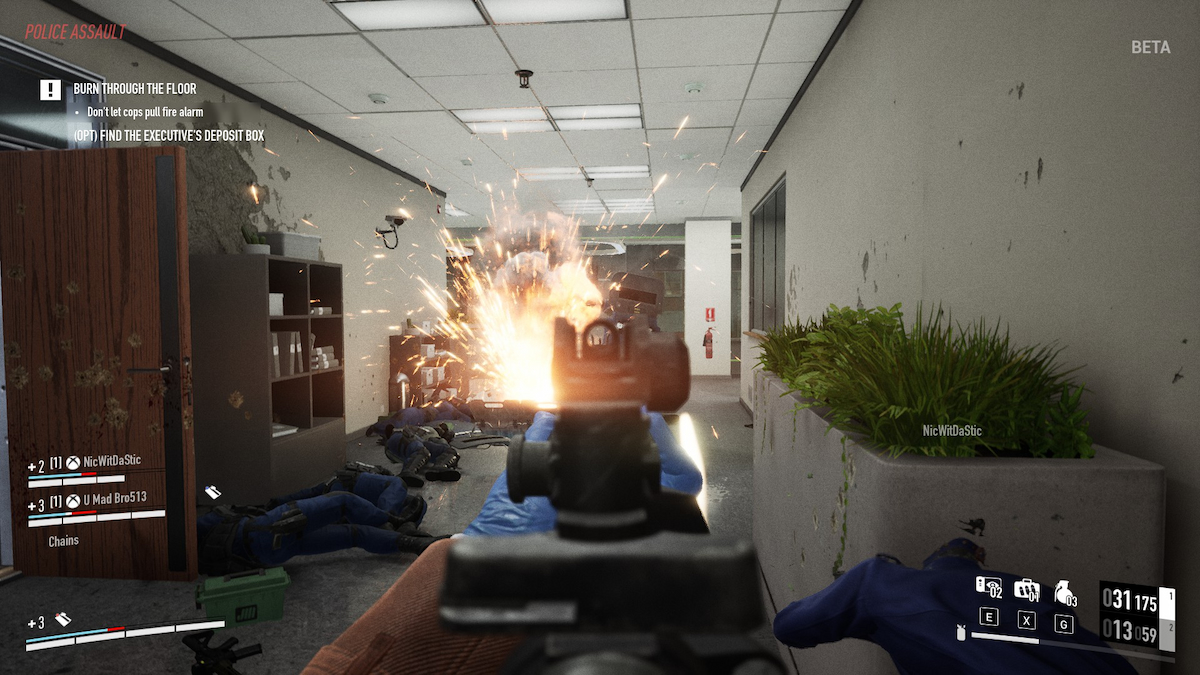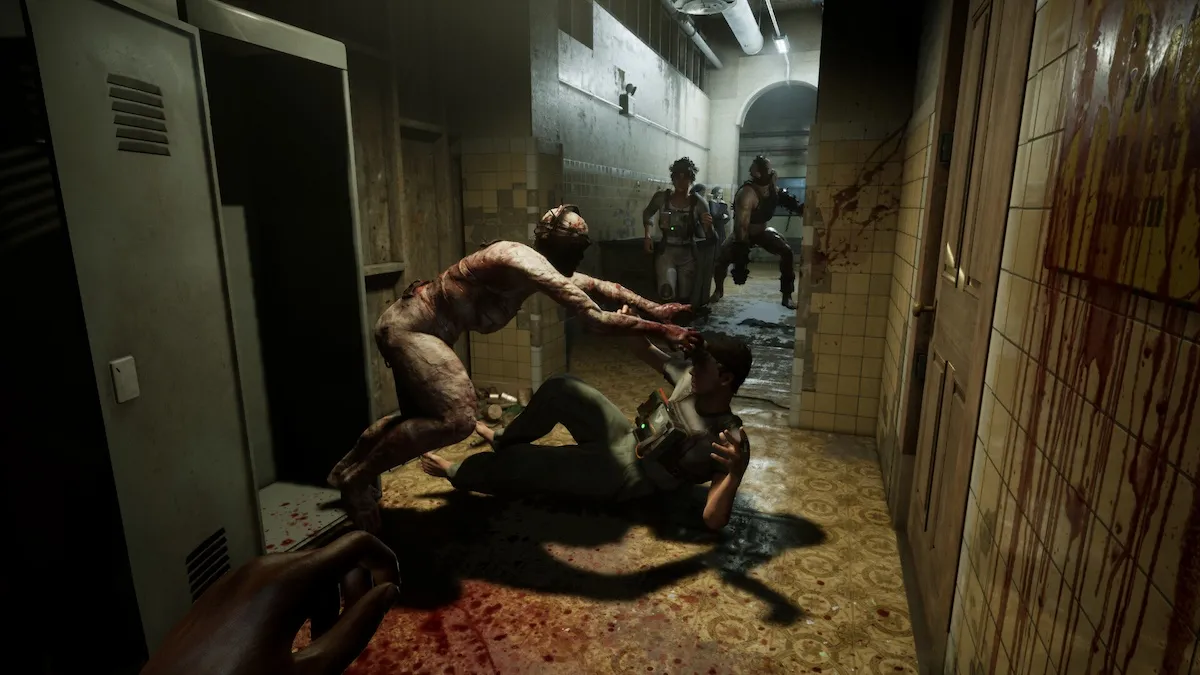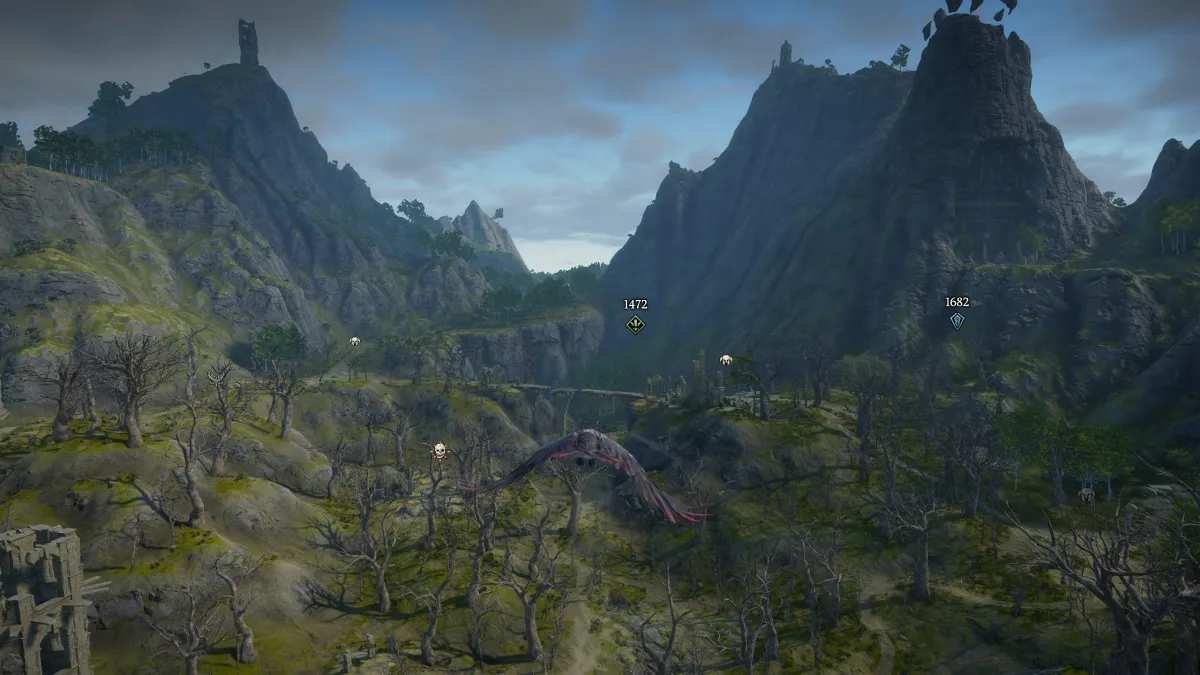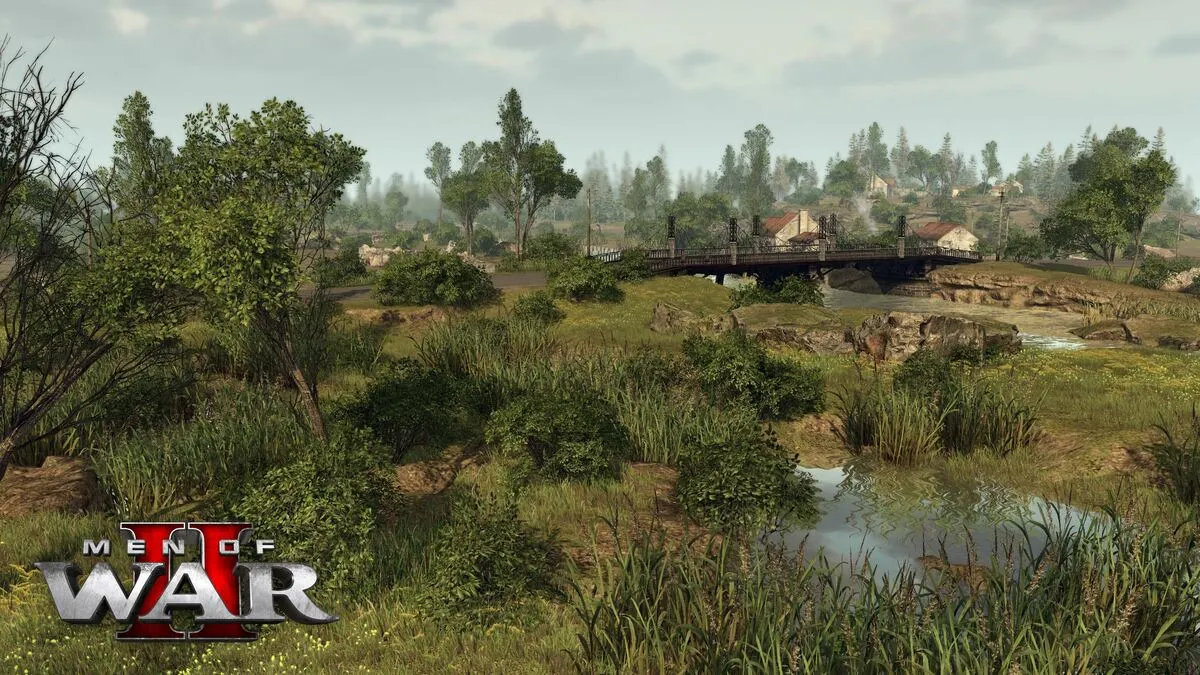Victoria II is looking like a game with incredible scope. It’s Paradox Interactive’s follow-up to 2003’s Victoria: Under The Sun; one of the most complex releases from a company whose entire catalogue starts at “tricky strategy game” and ends with “beard-strokingly bamboozling strategy behemoth.”
So niche are these titles, that Paradox’s own CEO (Fredrik Wester) once posted on the company’s official forums “I think [Victoria II] never will see profit (reason is simple Vic1 was a terrible launch) … I am shaving my head if this project ever sees profit.” Wester has since commented that “the game is coming along very well” and fulfilled his portion of the bet early in support for the team, but it’s a telling example of how Victoria II is perceived as a tough sell.
Think of it as a football management simulator. Except rather than taking the reins at Hamilton Academical, you’re taking the reign of 19th century Prussia – or one of more than two hundred other Victorian-era countries. Your steady hand will be the one guiding the nation through 1835 to the outbreak of World War Two.
Just as football management games are about directing the conditions and overall framework around your players rather than simply telling a midfielder “score some goals please,” so nations in Victoria cannot merely be bent to your whims with the click of a button. If the government is hard line conservative, it won’t be possible to instruct them to pass any social reform. But what it is possible to do is things like fund the education of the populace and attempt to engineer upward mobility through budgetary manipulation. Through tweaking and massaging (not to mention simply waiting,) it’s possible to steer a country in a desired direction.
Waiting is actually an important mechanic of the game, giving it something of a different feel from other strategy games (indeed, games in general.) Important decisions are largely made while the game is paused, before allowing time to pass once more and then re-pausing after a few days or months to see what effect your meddling has had. The 19th century was a period of massive change around the globe, and the overall Euro-centric aim of Victoria II is to successfully industrialise a nation and safely navigate it through a changing world. Research in the areas such as war, economics, culture and philosophy will raise the prestige of the nation and open up more options for expansion. Watch the world pass by too much, and your country may fall behind.
An absolute multitude of pie-charts and statistics give breakdowns of population by factors such as class, religion, job, ideology and it can be a little daunting if you attempt to absorb it all at once. Likewise, common and world markets are simulated in full with a whole host of different goods and products. However, micro-management of the population is not necessary, as the overall guidance provided in other areas is what will ultimately dictate the numbers shown in the tables. Thankfully, trade can also be set to AI-controlled, and messed around with only when it seems wise to stockpile certain goods (prior to a war, for example.)
As things stand, the title appears to offer a variety of play-styles to strategy fans with different goals (be they domination through trade, war or simply ideas.) Influencing this is the system of ‘Great’ and ‘Secondary’ powers. Playing as one of the eight Great Powers of the age is an invitation to the big leagues. You’ll be opting to maintain and expand an empire, exert political influence on a global scale and generally take on a lot of responsibility. In contrast, playing as a Secondary (or even smaller) power presents an entirely different game – one in which the goal may be to reach Great Power status, or simply to entrench yourself as a vital cog in the imperial machinations of others.
Whichever path is chosen, war and diplomacy will play crucial roles. Diplomacy points (gathered over time) can be spent on buttering up larger nations, attempting to peacefully absorb smaller nations into a sphere of influence or arranging military access to certain lands. If talking doesn’t work, there’s always a military option of course – though wars are costly, both in terms of hard cash and national opinion. When war is declared, a stated war aim must be chosen (such as reclaiming lost land, and soforth) and if this aim is not met then there will be political ramifications.
Another way to spread your empire across the globe is through colonialism; though here the preview build of Victoria II seems to deviate from historical accuracy and instead opts for flippant simplicity. Colonising a nation is a simple matter of moving troops into an unclaimed province, selecting a ‘colonise’ option, then settling down for a wait. That the indigenous population simply gives up without a fight and automatically accepts glorious European civilisation with (apparently) minimal post-colonial repercussions is rather absurd. I’m hopeful that this system will be more complex for the final release.
This is just an overview of an extremely time-demanding game after a few days (real, not in-game) play. The tutorials alone (which offer basic, intermediate and advanced versions of each segment) take over an hour to play through and longer still to understand. My review, coming later in the month, will be able to go more in-depth with these mechanics and afford me more time to put them properly to the test.






Published: Aug 4, 2010 11:30 pm